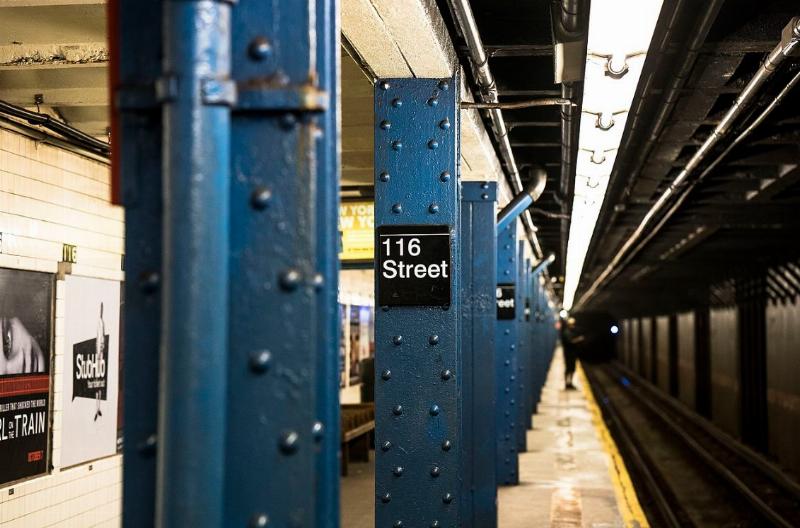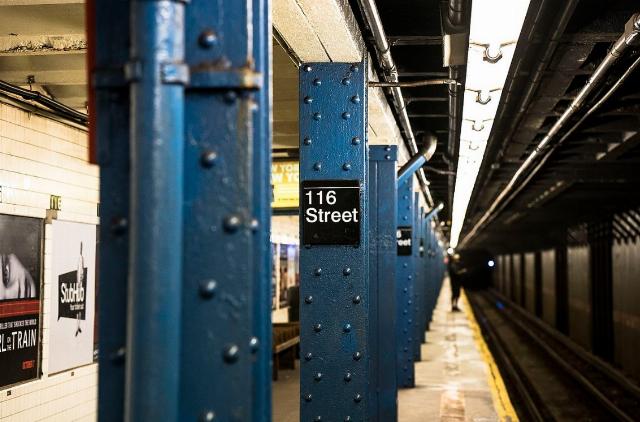


It’s been weeks since the Zohran Mamdani’s surprise victory in New York City’s mayoral primary, and ohis left-leaning Democratic supporters are now trying to convince fellow Democrats to rally behind this self-declared socialist. The supporters stress the need “to listen to young voters angry about the soaring cost of urban life” and speak of promoting “affordability,” not socialism.
Mamdani’s opponents insist, however, on truth in advertising — socialism is socialism (or even communism), regardless of labels — and correctly note that it will be a disaster. That is, rent control shrinks the housing market, and state-run grocery stores always fail. What these opponents neglect, however, is a clear-cut alternative to Mamdani’s socialist siren song, and thus they implicitly concede the affordability agenda to the left.
This concession regarding affordability is a mistake. Youngsters unable to rent a decent apartment will not stop demanding socialism, regardless of expert opinion regarding the folly of socialism. The desperate are easy prey for quackery. There must be a viable alternative to socialism.
Fortunately, a surefire, 100% guaranteed solution exists for the affordability crisis. It is called capitalism. That is, with free-market competition, the economy creates more good-paying jobs, lower prices, and better consumer service, all without disastrous government intervention. So, rather than bureaucrats compelling landlords to rent a below market rates, get a well-paying job, and that job, not socialism, will make good apartments affordable.
The bad news is that a “capitalism is the cure” message currently fails to resonate with millions of voters. Thanks to endless leftist indoctrination, “more free stuff” outshines “work hard and get rich.” Voting for Santa Claus is now an ingrained habit.
But all is not lost. If embracing free enterprise is a bridge too far for modern voters, an alternative exists to avoid the awaiting socialist disaster: cracking down on crime. New York City needs another tough-on-crime Rudy Giuliani, not an everything-for-free Mamdani.
Reducing crime is not, in and of itself, capitalism, but it can facilitate capitalism by lowering housing costs, making food more affordable, and otherwise bringing the benefits of capitalism. Rampant crime is a drag on the free market economy, and absent this drag, free markets thrive.
Consider how reducing crime facilitates affordable housing, and this benefit arrives without any new buildings, subsidies, or government-mandated affordable housing. Imagine crime eliminated in many currently crime-ridden, unlivable areas of the city. This includes all street crime plus “quality of life” crime — open-air drug markets, homeless encampments, vagrants in parks, loitering street gangs, plus public nuisances such as excessive noise, public intoxication, and graffiti that undermine civility. Further imagine the city granting landlords full power to operate their buildings — for example, making it easier to evict troublesome tenants.
With crime sharply reduced and landlords empowered, once uninviting neighborhoods will attract real estate developers who will buy up thousands of cheap, structurally sound but dilapidated buildings; refurbish them; and thus increase the city’s housing supply. With this expanded supply, prices would fall. Moreover, new residents will encourage local businesses and conceivably provide convenient jobs for recent arrivals. In an instant, the “greedy” developer — not commissars — becomes the creator of much needed affordable housing.
Moreover, with crime down, real estate developers can now build less expensive apartment buildings since they no longer must include anti-crime measures such as 24/7 doormen, off-street parking, and security systems. Even buildings lacking these anti-crime amenities will now be more desirable. Again, greater supply enhances affordability.
Making many current crime-ridden public schools safer would likewise increase family-friendly neighborhoods, all without pie-in-the-sky socialism. The police would just ensure that schools and nearby areas were safe, free of drug-dealers and child predators, while school administrators would impose student discipline. Children would not fear bullying or being extorted for money, and the exodus of young families from New York City would decline. For many families, the newfound option of a decent public school versus an expensive private one will make the city far more affordable.
Crime reduction would similarly lower food costs. Punishing shoplifters would make a notable difference, given both the cost of stolen merchandise and the anti-theft measures such as guards. Poor neighborhoods’ food deserts might see the return of large grocery chains. Even bodegas would cut prices. Restaurants, too, would benefit — reduced security and fewer “dine and dash” customers. Lowering crime would even cut home delivery prices thanks to fewer robberies.
Reduced crime would fuel an overall economic boom via increased tourism and greater utilization of now unrented offices and retail space, and residents would feel sufficiently safe to attend night clubs and late-night sporting events. Corporations could now attract workers who previously avoided the city due to its high rents and crime. New Yorkers would return to local shopping now that merchandise is not locked behind Plexiglas, while now-vacant stores would be re-occupied. And whereas socialism would drive out the rich, a safer city would attract them and thus reduce taxes for everyone, including Mamdani’s supporters.
Unfortunately, there are obstacles. Economically helping well educated young Mamdani voters will come at the expense of many poor New Yorkers, disproportionately black or Hispanic. What happens to people currently living in cheap, run-down housing to be upgraded for young college graduates seeking “affordable” housing? Locals might not want their neighborhood convenience stores replaced by a Starbucks.
Then there are New York residents — again, often disproportionately black and Hispanics — who will bear the brunt of necessary stepped up policing. Vigorous law enforcement will surely invite cries of racist over-policing and mass incarceration. Civil liberties groups may file suits to stop arrests for loitering and other “crimes without victims.” Cracking down on crime may help some groups, such as young professionals seeking affordable housing, but it will simultaneously hurt others, such as street-level drug-dealers. As the recent backlash against enforcing immigration law shows, crime has its defenders.
Though all public policies have their downsides, making New York City more affordable via tougher policing certainly outranks the socialist solution. Although reducing crime is not with its costs, the benefits are huge, including saving human life. By contrast, as history makes abundantly clear, socialism costs all, save for a tiny political elite. If New Yorkers want lower costs, voters have a choice, and the response to Mamdani’s siren song of freebie socialism, is to demand cutting crime.

Image: Billie Grace Ward via Wikimedia Commons, CC BY 2.0.
